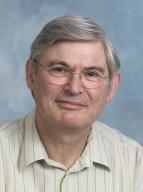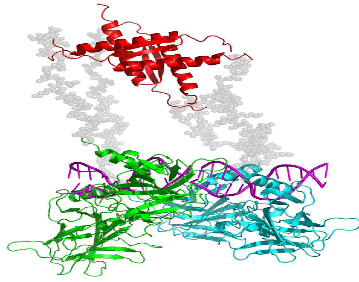
Our major research programme concerns the folding, stability and activity of proteins. We apply a broad multi-disciplinary approach that combines methods and ideas of molecular biology and physical-organic chemistry. We use techniques including protein engineering, DNA cloning, sequencing and mutagenesis, cell culture, gene and peptide synthesis, spectroscopy, rapid reaction techniques, multi-dimensional NMR (we have a 500, 600, 700 and an 800 MHz spectrometers) and x-ray protein crystallography.
Current major projects include: protein folding, misfolding and disease; drug discovery; and structure-activity relationships of proteins involved in cancer and disease.
Although now emeritus, I am still fully active in research with long term funding, including an MRC Programme Grant.

Publications
- Page 1

